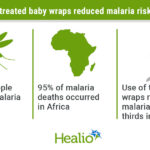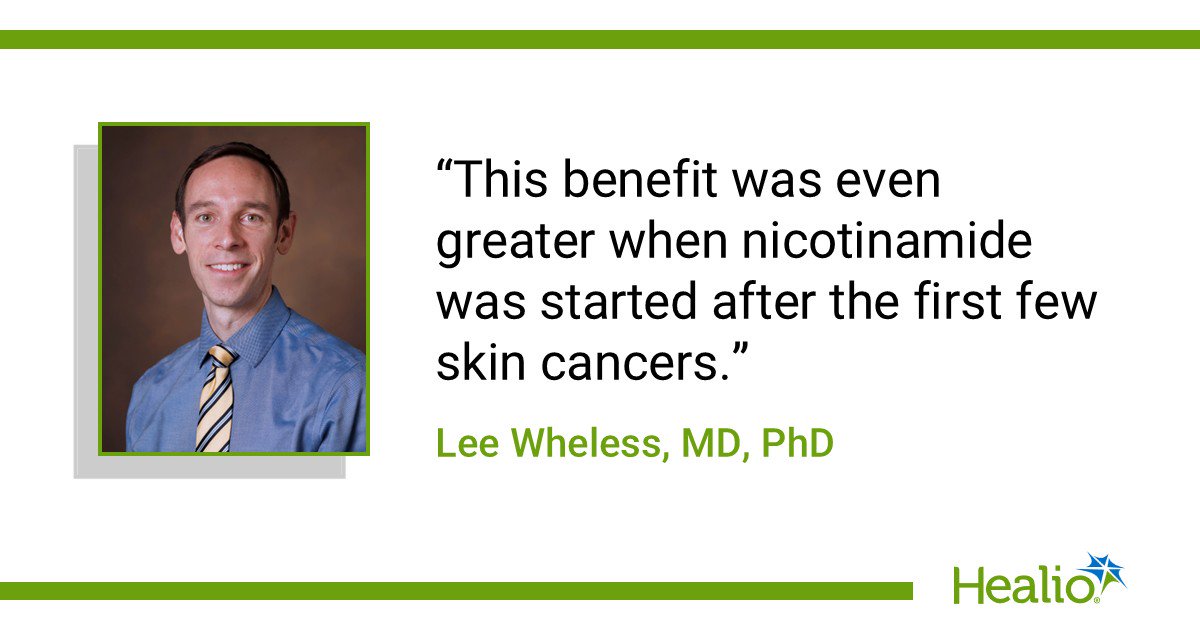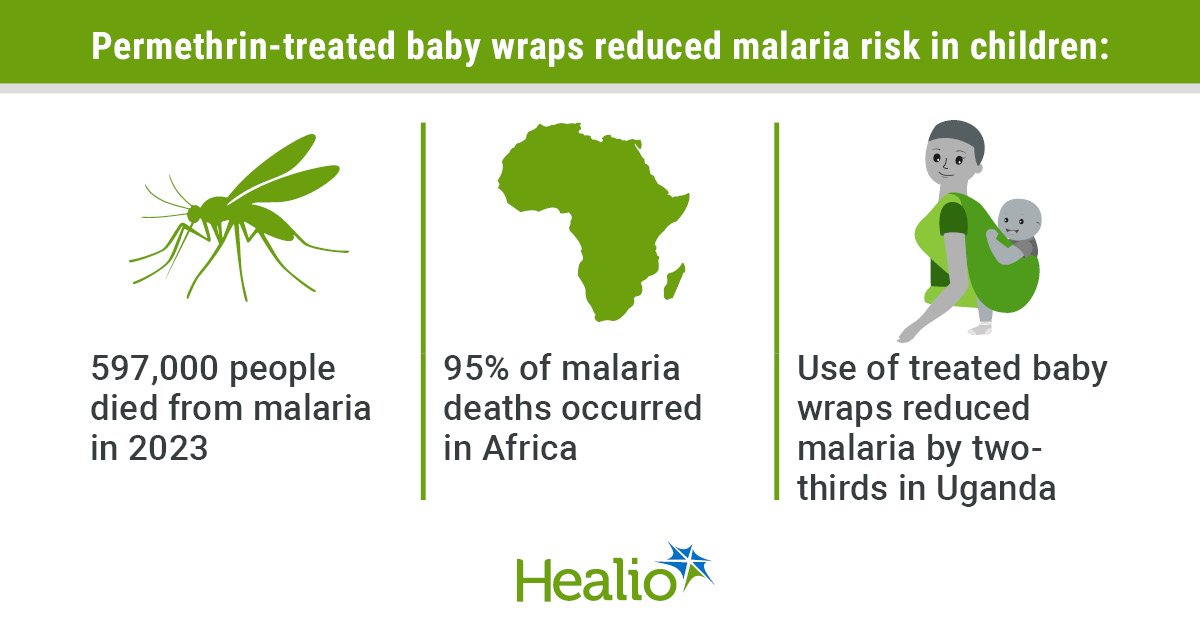September 22, 2025
3 min read
Key takeaways:
- Nicotinamide supplementation may reduce the risk for skin cancer.
- The magnitude of reduction was associated with the number of skin cancers before nicotinamide use.
Nicotinamide, a form of vitamin B3, may reduce risk for subsequent skin cancers among adults already diagnosed, data show.
Studying whether nicotinamide can reduce the risk for skin cancer is challenging, as most U.S. registries do not capture information about keratinocyte carcinomas and the supplement is available over the counter, Lee Wheless MD, PhD, an assistant professor of dermatology at the Vanderbilt University Medical Center and a staff physician at the Tennessee Valley Health System VA Hospital, and colleagues wrote in JAMA Dermatology.

“Additionally, no guidelines specify after how many skin cancers nicotinamide should be initiated,” the researchers wrote. “The Veterans Health Administration (VA) is uniquely positioned to overcome these barriers.”
For the retrospective study, researchers analyzed VA data from 12,287 participants (mean age, 77.2 years; 2% women; 94.9% white) with at least one prior skin cancer who were exposed to oral nicotinamide 500 mg twice daily for longer than 30 days. Researchers compared the outcomes of these participants with 21,479 matched controls who did not take oral nicotinamide.
Results showed that the risk for skin cancer declined by 14% (HR = 0.86; 95% CI, 0.82-0.89) among those taking nicotinamide compared with those who were not. Participants who initiated nicotinamide after their first occurrence of skin cancer experienced a 56% reduction (HR = 0.44; 95% CI, 0.39-0.49) in subsequent skin cancer. These findings were seen across skin cancer types, with the greatest risk reduction for cutaneous squamous cell carcinoma.
Nicotinamide for skin cancer chemoprevention has been the subject of many studies, and 75% of dermatologic surgeons report using the supplement for skin cancer chemoprevention, the researchers wrote. After concerns that nicotinamide might cause major cardiovascular adverse events, a 2025 study conducted by Wheless and colleagues and published in JAMA Dermatology in February concluded this was not the case.
“After our study found no increased risk of major adverse cardiovascular events among patients taking nicotinamide, a common question we were asked was ‘OK, but does it work? Does it prevent skin cancer?’” Wheless told Healio. “In this study, we found that not only was nicotinamide effective in reducing skin cancer risk, but this benefit was even greater when nicotinamide was started after the first few skin cancers.”
According to Wheless, this has implications for the way physicians move forward in treating their patients with skin cancer.
“Oftentimes, we have been starting nicotinamide only after a patient has developed multiple skin cancers,” Wheless said. “Our study suggests that this might be too late to see a benefit and we should be starting it sooner.”
In a related editorial published in JAMA Dermatology, Sarah T. Arron, MD, PhD, a dermatologist at the Palo Alto Foundation Medical Group and Premier Aesthetic Dermatology, wrote that the findings should urge physicians to consider recommending nicotinamide exposure sooner rather than later.
“The growing body of literature suggests that we should routinely recommend nicotinamide as secondary prevention for all patients with skin cancer and that earlier initiation will have a stronger effect,” Arron wrote. “The medication is widely available and has minimal adverse effects so long as patients are properly counseled to buy the amide form rather than niacin (nicotinic acid).”
However, according to Wheless, these findings do not mean that everyone should initiate nicotinamide after their first skin cancer.
“Another study my group was recently involved in found that among 5.5 million skin cancer patients, only 43% of them developed an additional cancer within the study time frame of roughly 10 years,” Wheless said. “This means that 57% of patients would not see any risk reduction in skin cancer, as they aren’t likely to develop another one in that window.”
Wheless added that 3% of the participants in that study contributed 22% of the total number of skin cancers.
“This represents an opportunity for precision medicine if we can identify these patients earlier using biomarkers or clinical factors associated with developing multiple skin cancers,” Wheless said.
References:
For more information:
Lee Wheless, MD, PhD, can be reached at lee.e.wheless@vumc.org.










